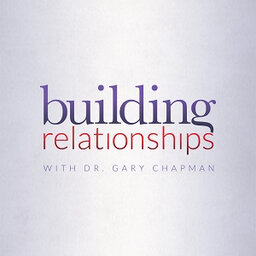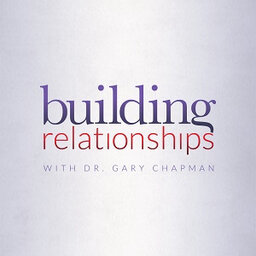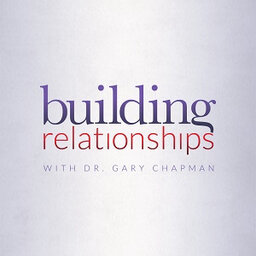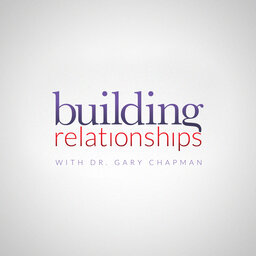Gospel Mom | Emily Jensen and Laura Wifler
We all love the formula, the life-hack or the simple, three-step recipe. But motherhood isn’t that simple. On this Building Relationships with Dr. Gary Chapman, Emily Jensen and Laura Wifler will help moms navigate their everyday circumstances and decisions through a biblical lens. Find out what it means to become a “gospel mom,” on Building Relationships with Dr. Gary Chapman.
Featured resource: Gospel Mom: How to Make Biblical Decisions and Discover the Mom God Created You to Be
In 1 playlist(s)
Building Relationships
Hosted by Dr. Gary Chapman, Chris Fabry and Andrea Fabry, Building Relationships is a weekly 54-minu…Social links
Follow podcast
Recent clips

Sunday Evenings With Joni | Ruth Schleppi-Verboom
45:55

The Love Language That Matters Most | Drs. Les & Leslie Parrott
49:03

On Our Way Home | Coleen Chao
45:45
 Building Relationships
Building Relationships